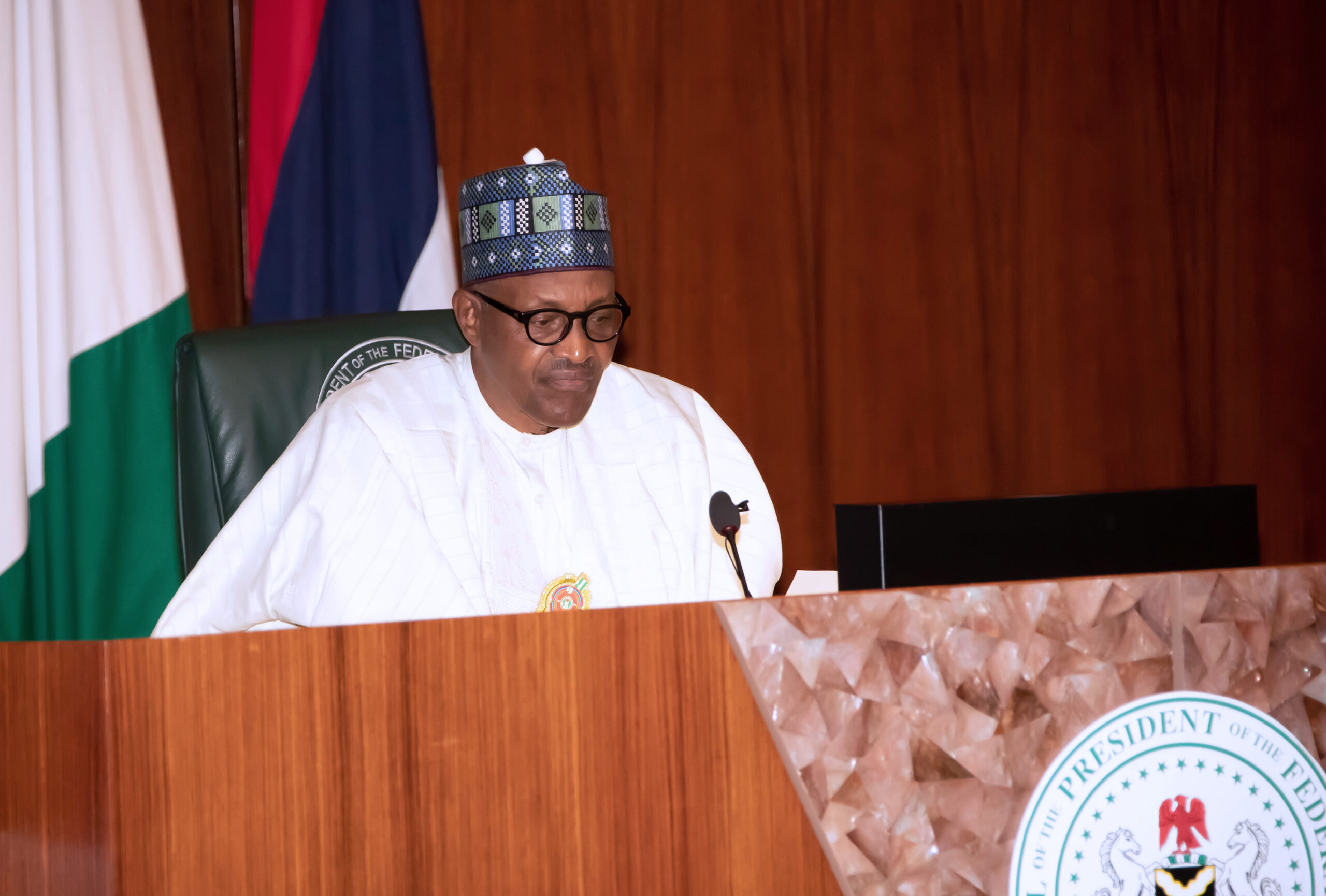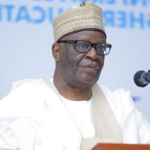History “is in the air we breathe, in the cities we inhabit and, in the landscape, we roam”- Peter Furtado
Ever since the birth of history as an intellectual pursuit in classical Greco-Roman tradition, the discipline has encountered and endured manifold epistemological and social challenges. It has survived the naturalism of the scientific revolution, the cultural arrogance of Enlightenment period, the nihilism of postmodernism and the bellicosities of neo-liberal ahistoricism.
- Kankara abduction: Group wants more funding for security sector
- You are afraid of Buhari, Shehu Sani tells Reps
On the 17 of December 2020, President Muhammadu Buhari addressed 344 schoolboys of Government Boys’ Science Secondary School, Kankara, Katsina state who were freed by their abductors after six days in captivity.
The President, in his words of encouragement, admonished the traumatised children about the futility of historical studies compared to their chosen field of science. According to him, science is the bedrock of civilizational progress, stressing that those who study history and English language have no prospects in the job market. Such derisive commentary, on the professional value of history, is tragic and scary to say the least. At a time when the teaching of history is being restored in our primary and secondary schools, following decades of moratorium, such dispiriting commentary by the number one citizen of the country, could have disastrous consequences on the minds of aspiring historians.
The President’s no confidence vote on the study of history has ignited a panic regarding the job prospects of historians. Historians do not require any presidential validation to be taken seriously in a sane clime. My interest in commenting on Buhari’s verdict on historical studies is borne out of the social responsibility of historians to assuage the fears of concerned history students who are constantly haunted by the spectre of ahistoricism.
History as an “Endangered Specie”
President Buhari’s historical pessimism is a familiar rhetoric, which represents a crude version of the neo-liberal assault on history. In neo-liberal thinking, the value of knowledge is measured in terms of tangible deliverables. This is the governing philosophy of capitalist consumerism. With the ascendancy of science and technology as the only reliable ventures that could guarantee material prosperity, history and other associated disciplines are treated as “endangered species”. We are seeing a growing trend towards “deregulation of cultural production” in which humanities disciplines, hitherto seen as the cornerstone of national values and citizenship education, are neglected in favour of applied sciences. This is the neo-liberal thinking that undergirds President Buhari’s needless admonition to Kankara Boys. As students of science, there was no need for the president to give them any career lesson on the “uselessness” of historical studies.
Nigeria is gasping for air in the wake of endemic crisis of nationhood and poverty of historical consciousness, but President Buhari thinks that historians are liabilities to the nation. Nigeria needs more historians today more than ever before! What the country requires is a heavy investment in cultural engineering in order to create a shared narrative of unity that values and celebrates diversity as a national treasure.
The relegation of history in Nigeria goes back to the late 1980s. The Structural Adjustment Program set in motion a trajectory of fiscal crises, which led to drastic cuts in public expenditure on education. The federal government gradually lost its initial proclivity for cultural engineering. The suspension of historical instruction in Nigerian schools has had profound repercussions on the teaching of history at the university level by cutting supply of candidates to the universities. It also created incentives for the use and abuse of history for ethnic, religious, regional and sectional propaganda. It was under such anti-historical didactic climate that we studied history – as an endangered specie.
History as a Career
Despite the official disdain for history, there are boundless career opportunities for historians in both public and private sectors. Graduates of history have gone to make great careers for themselves in different sectors of national development. There are historians at various levels of education, banks, media, civil service, the police, the military, museums, archives and heritage, and the publishing industry. Historians also provide consultancies for businesses and public agencies. Employers in public and private sectors value the skills and competencies that students of history acquire in the course of their study: research and writing skills; the ability to assemble and evaluate multiple/contradictory evidence; critical thinking capacity; independent perspective; the aptitude to assess diverse interpretations; a good appreciation of different factors that influence the activities of groups and individuals in society; and a broad perspective that gives them the range and flexibility required in many work situations.
There are countless historians who have done very well in the banking industry, education, media and other critical sectors of the economy. The first indigenous vice chancellor of the University of Ibadan, Professor Kenneth Dike, was a globally acclaimed historian and an accomplished administrator. Adamu Ciroma, a graduate of history from the University of Ibadan, had a successful career in the media and banking industry. He was Managing Director of New Nigerian and Daily Times before he became Governor of Central Bank of Nigeria. Ciroma was particularly proud of his history background to which he attributed his success as CBN Governor. He was also three-times minister of the Federal Republic of Nigeria. In the same vein, the present INEC Chairman, Professor Yakubu Mahmood, who validated Buhari’s electoral victory in 2019, is a first-class graduate of history from Usmanu Danfodio University, Sokoto.
History as Statecraft
The value of history goes beyond individual career development. How nations are governed and administered is not only a function of politics and economics. Nations are creations of a “system of cultural signification” through which they are reified into what Benedict Anderson calls “imagined communities” or what Homi Bhabha refers to as “nations as narration”. The process of how nations are imagined, narrated, taught, archived and exhibited is largely a function of what I call the “History Machine”, through which the state sponsors and supervises the production of official history in schools, archives, museums and heritage sites. Historical knowledge serves as the necessary foundation for patriotic citizenship and nationalism.
History provided the necessary ideological justification for the independence of Nigeria from colonial overrule. The role of nationalist historians such as Kenneth Dike in the struggle for decolonization in Africa is well documented. In addition to their intellectual contribution towards decolonization, historians were responsible for the founding of major national cultural institutions in Nigeria such as the National Archives and the National Commission for Museums and Monuments.
Therefore, history is essential for effective statecraft as it offers insights and analogies that are useful to making informed policy decisions. This is why the United States created the Office of the Historian as a unit of the Department of State to make informed policy recommendations, prepare and produce official history of US foreign policy.
Dr Suleiman is Deputy Director at the Aminu Kano Centre for Democratic Studies, Mambayya House, Department of History, Bayero University, Kano

 Join Daily Trust WhatsApp Community For Quick Access To News and Happenings Around You.
Join Daily Trust WhatsApp Community For Quick Access To News and Happenings Around You.



